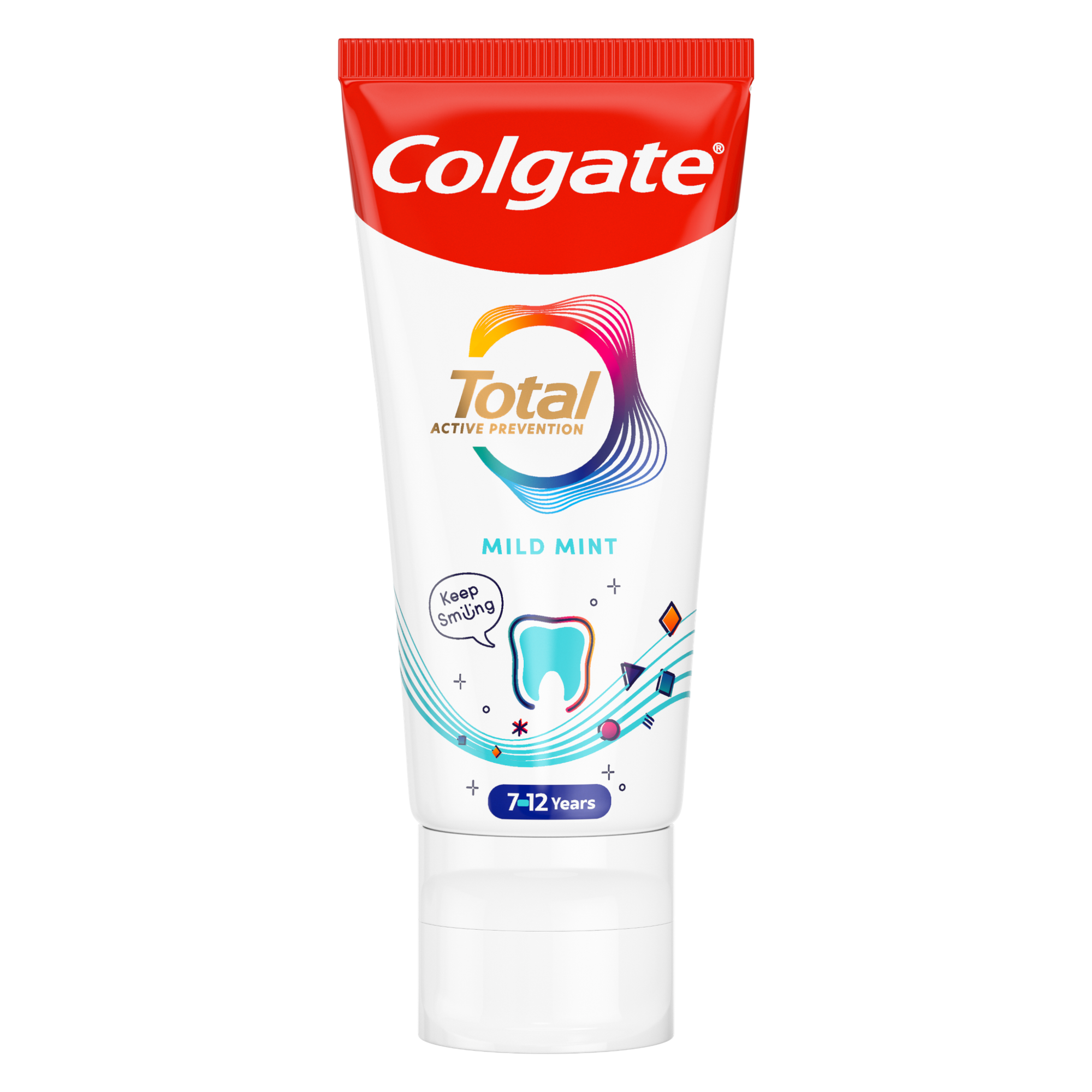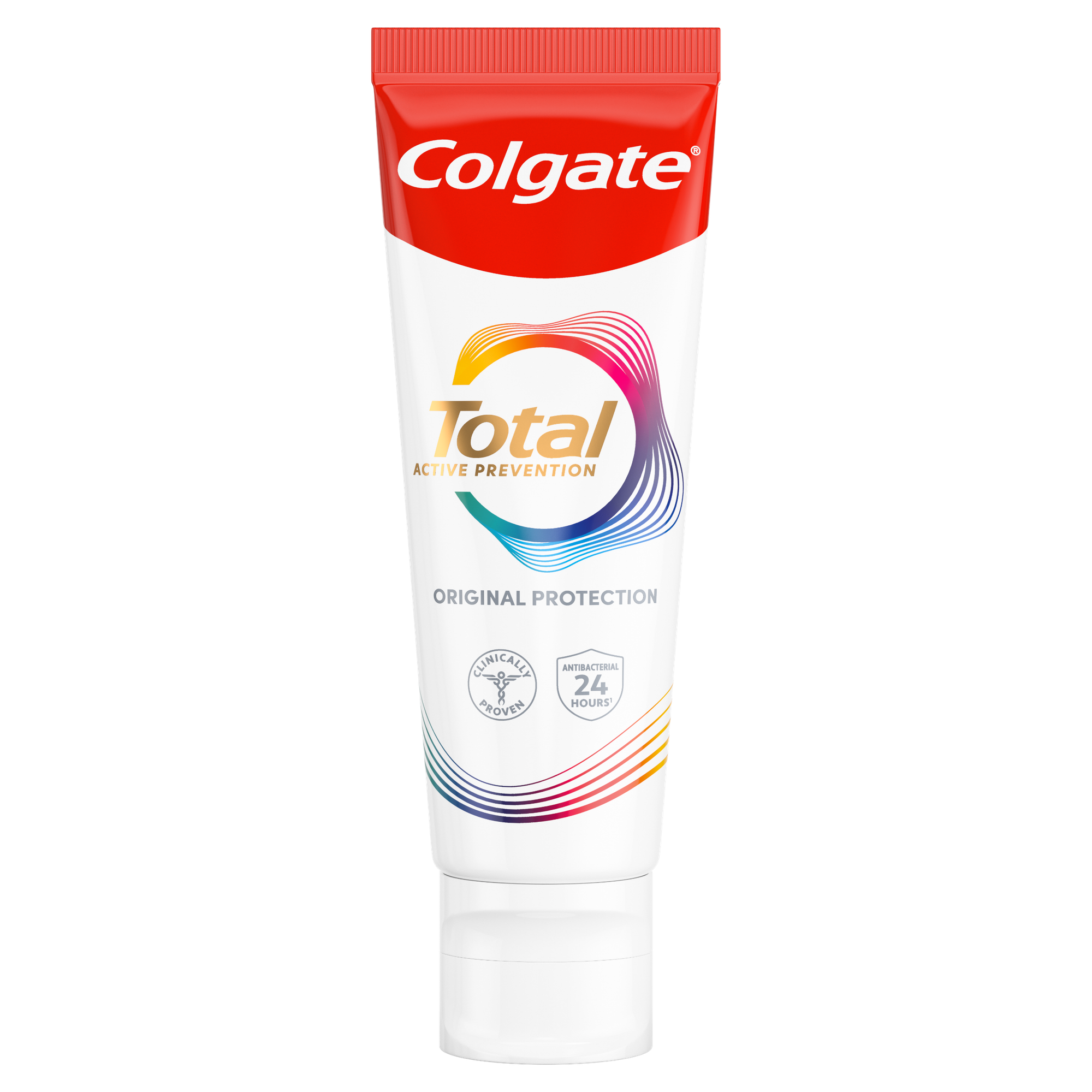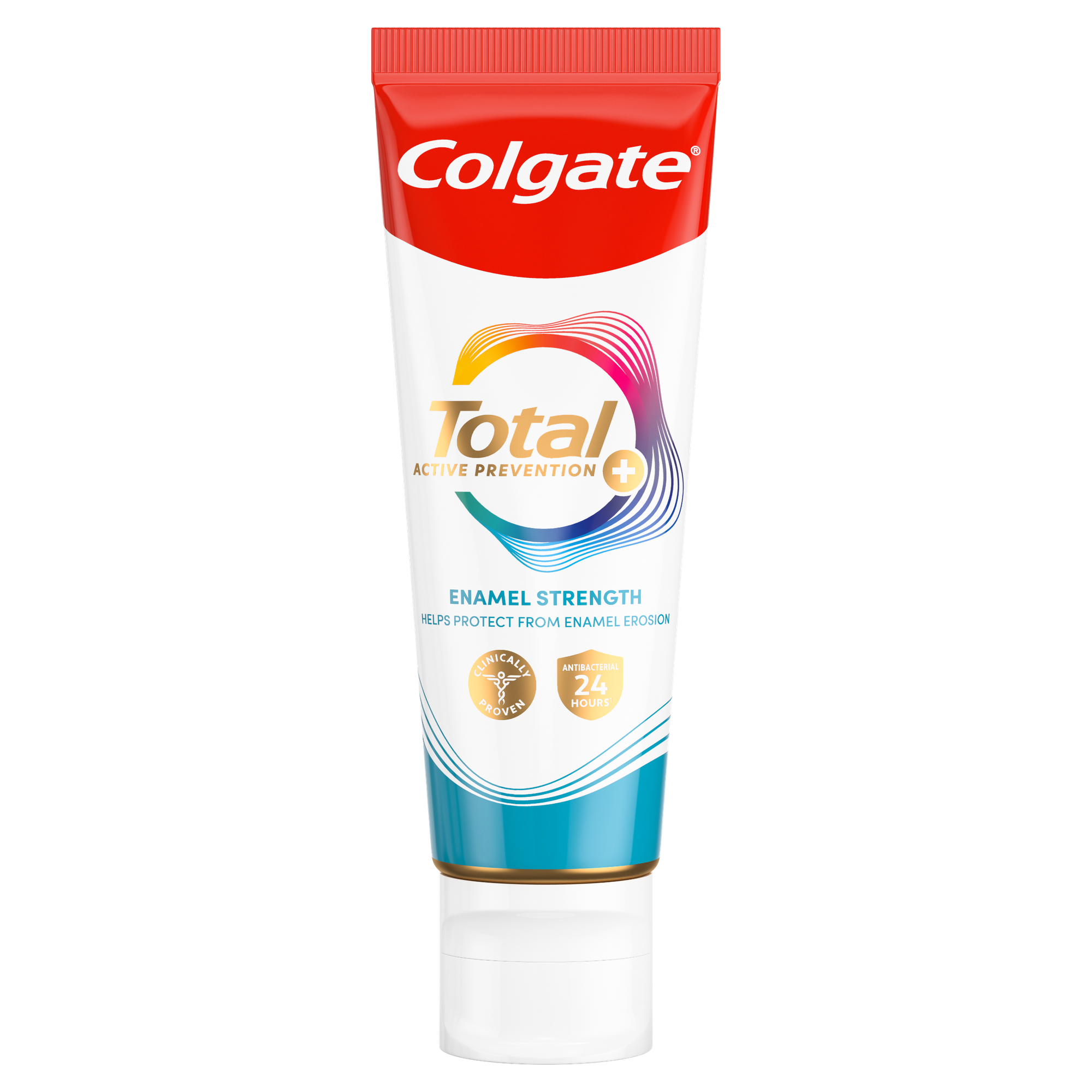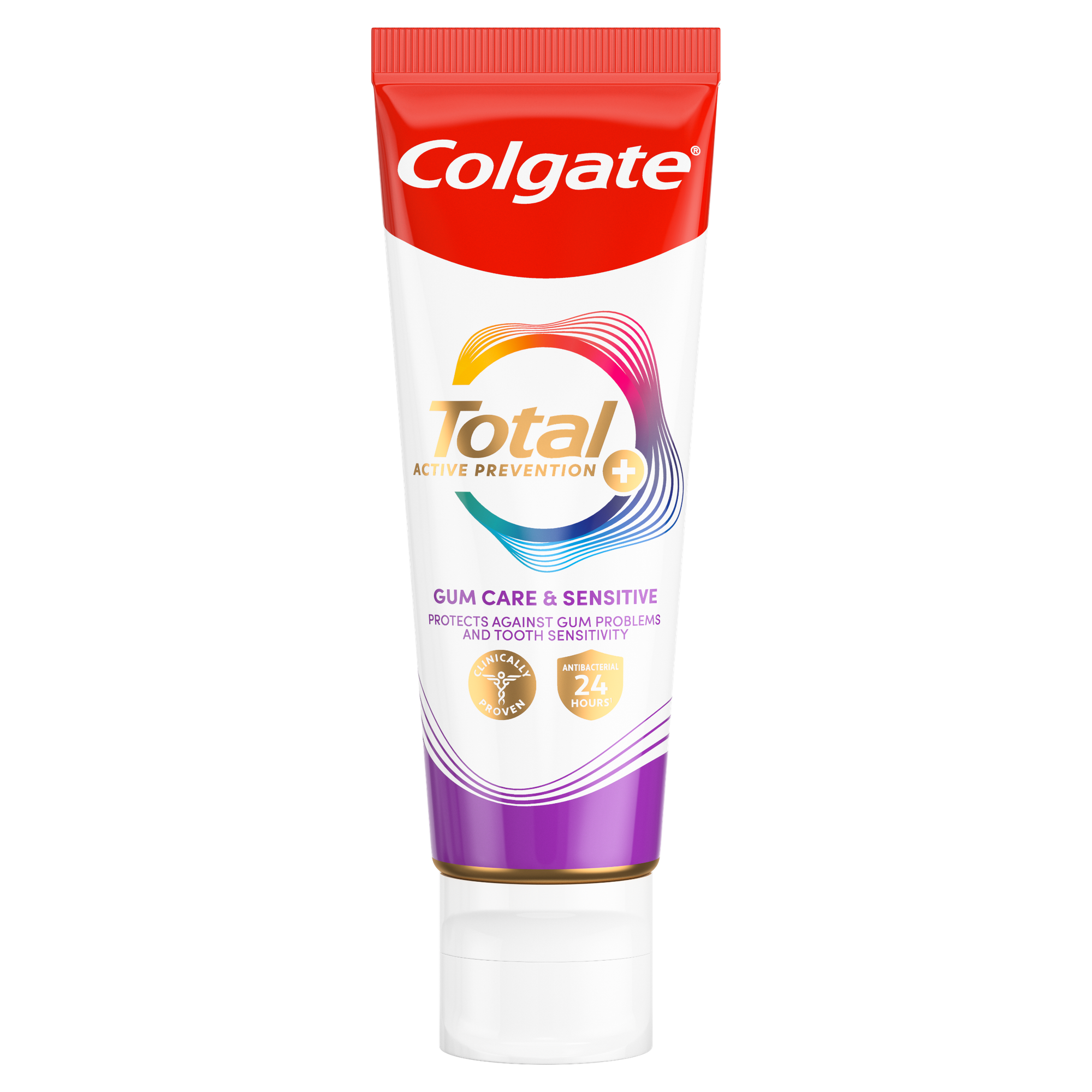Mouth Ulcer
Mouth ulcers, or canker sores, can appear on the gums, roof of the mouth, cheeks and tongue. According to the National Health Service (NHS), you may develop a mouth, cheek or tongue ulcer from biting the inside of your mouth. Genetics, stress, broken teeth, spicy and acidic foods or a burnt tongue may lead to mouth ulcers. Make sure you're getting enough vitamin B12, zinc and iron in your diet because a tongue ulcer may develop when you lack these nutrients. This type of sore on your tongue typically goes away on its own within two weeks. You may want to rinse your mouth with a mouthwash for ulcers to soothe the sore and reduce irritation.
People often wonder ‘Are ulcers contagious?’ – but you’ll be relieved to know they’re not. However, it’s worth noting that recurrent mouth ulcers are thought to be hereditary as up to 40% of people who experience them report it runs in their family, as noted by NI Direct. So, if you get this type of sore regularly, your children are likely to get them too. Limit the acidic or rough-textured foods that you or your child eats – and note, that mouth ulcers occur more often in women. If the problem is recurring, consult your doctor about the medications you take or the food you eat that may lead to frequent mouth ulcers.
Cold Sore
A sore on your lip may be a cold sore and shouldn’t be confused with a mouth or tongue ulcer. According to the NHS, this type of sore is caused by the contagious herpes virus HSV-1. Once caught, the virus lives inside your body for years, and certain triggers can activate it, causing a cold sore to develop. Triggers for the disease include illness, hormonal changes, stress and sunburn. Cold sores usually go away on their own within two weeks. Over-the-counter treatments are available to help the cold sore disappear more quickly.
You or your child can contract a cold sore from touching something that the virus has contaminated, such as a towel, toothbrush or eating utensils. Ensure that you wash your hands frequently; touching a cold sore may cause it to spread to other areas. Eating ice pops, rinsing with salt water and taking pain relievers can help you feel better until the sore goes away.
Oral Lichen Planus
Another oral condition not to be confused with a tongue ulcer is Lichen Planus. Lichen planus is an inflammatory skin condition, and those who have it will most likely experience symptoms on the legs and arms. However, lichen planus has the potential to affect your mouth and tongue as well, according to the NHS. Lichen Planus can look like white patches on your tongue or the inside of your cheeks and may feel tender or itchy. The cause of this condition is unknown, but an allergic reaction or infection may be a factor. Visit your doctor for medication, they may also prescribe light therapy to treat it.
At Home Treatment Options
A tongue ulcer will usually heal itself in around a week, however, there are a few things you can try to speed up the healing process. Visit your chemist for an anaesthetic gel or cream that contains lidocaine – these can help with pain and inflammation. You can also try using a mouthwash for ulcers that contains hydrogen peroxide or chlorhexidine and no alcohol. Rinsing your mouth with this solution can help to heal the sore faster.
If you’d prefer to try some natural at-home treatment methods, we’ve listed some for you here, however, be mindful that these methods aren’t scientifically backed and may not be effective or suitable for everyone.
- Rinse your mouth with warm saltwater.
- Rinse your mouth with a solution made from water and baking soda for 15-30 seconds.
- Eat natural yoghurt.
- Apply manuka honey directly onto the sore – don’t use this method for infants under 12 months.
- Apply coconut oil to the sore several times a day until it clears.
- Use a cool or warm chamomile tea bag as a compress on your tongue sore.
These are just a few of the methods you can try for tongue ulcer treatment, they may help with the pain and speed up your healing time!
Consult with a Healthcare Professional
Consult with a healthcare provider if a tongue ulcer lasts longer than two weeks or if you experience a skin rash, fever, difficulty swallowing or drooling in addition to the sore. If you find a tongue ulcer, lesion or lump, and if the development of the sore coincides with the start of a new medication or if the sore is accompanied by other symptoms, such as a strange taste in your mouth, difficulty swallowing or deep cracks within the tissue of the sore, seek treatment from a medical professional. A persistent sore could be an indication of a more serious condition.
A tongue ulcer is usually nothing to worry about, however, it’s always worth getting anything unusual checked by your dentist, this will help to put your mind at ease and get treatment as soon as possible.
ORAL HEALTH QUIZ
What's behind your smile?
Take our Oral Health assessment to get the most from your oral care routine
ORAL HEALTH QUIZ
What's behind your smile?
Take our Oral Health assessment to get the most from your oral care routine













